Headlines
Must Watch
Upcoming Events
Editor's Picks
Indonesia eyes its next leap in digital ID development through global best practices
Pakistan Digital Authority’s big ambitions to rewrite the social contract between government and citizens
What it takes to design tech for high-touch needs
Indonesia’s citizen health app gets a boost with an AI-powered personal health assistant
Spotlight
Helping build better HealthTech with insider knowledge
Lessons from Fukuoka’s water crisis on reinventing the government
ASEAN Economic Community’s Deputy SecGen on achieving an inclusive digital economy
Oversight crucial as digital government blossoms
Proactive AI governance the mantra for HK’s Privacy Commissioner
How Czech’s cyber envoy is building alliances, from Brussels to the Indo-Pacific
Relishing the role of a defender of Singapore’s healthcare sector
Lessons from high-stakes environments for public service
Meet the matchmaker between innovation and public sector healthcare
Events
ACCA Public Sector Forum: TVET 2026
DoubleTree by Hilton Putrajaya Lakeside

-1764146817655.jpg)

 1118-1763551322985.jpg)

-1765895937632.jpg)
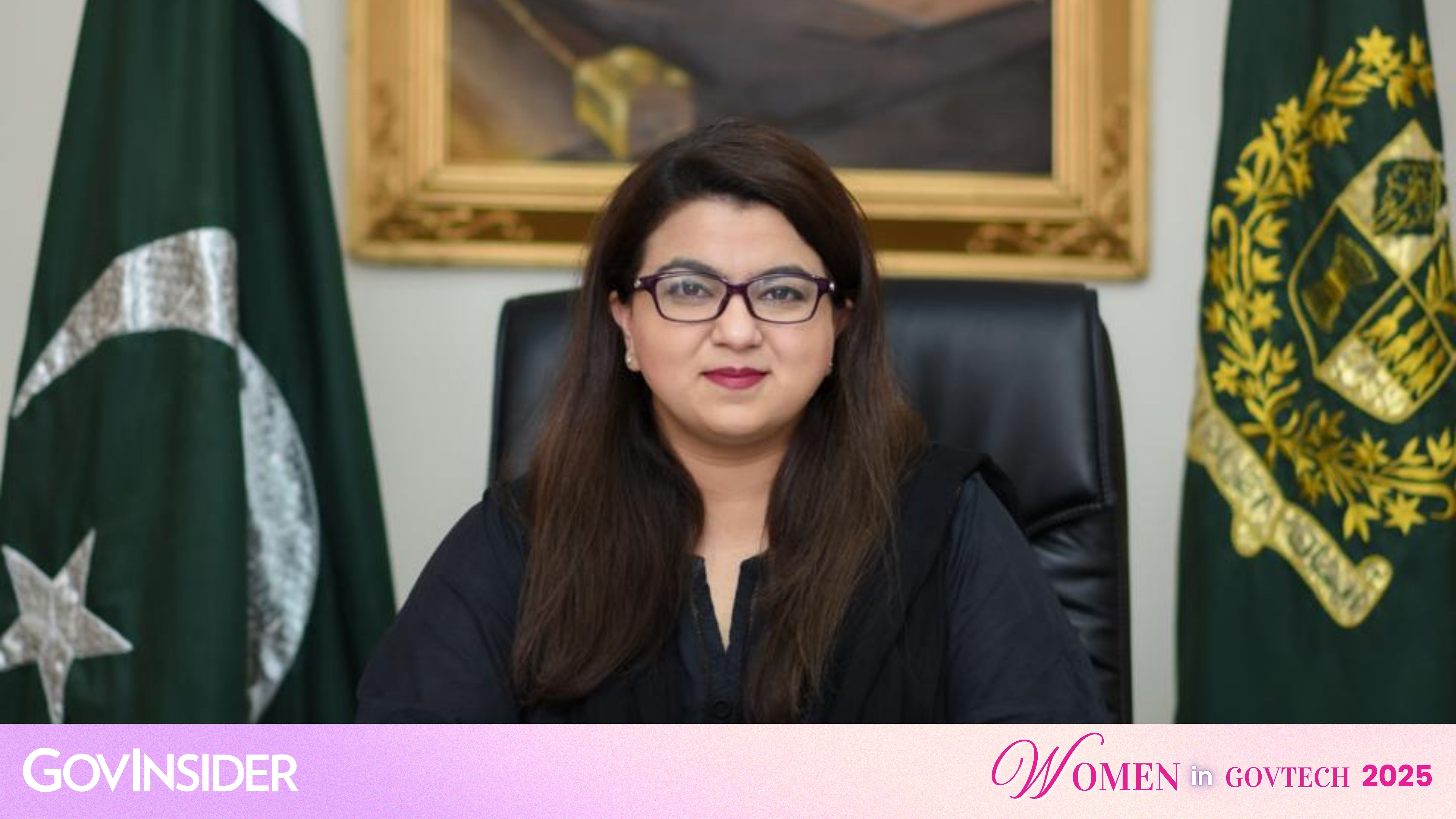
-1764241803264.jpg)
-1764725370900.jpg)
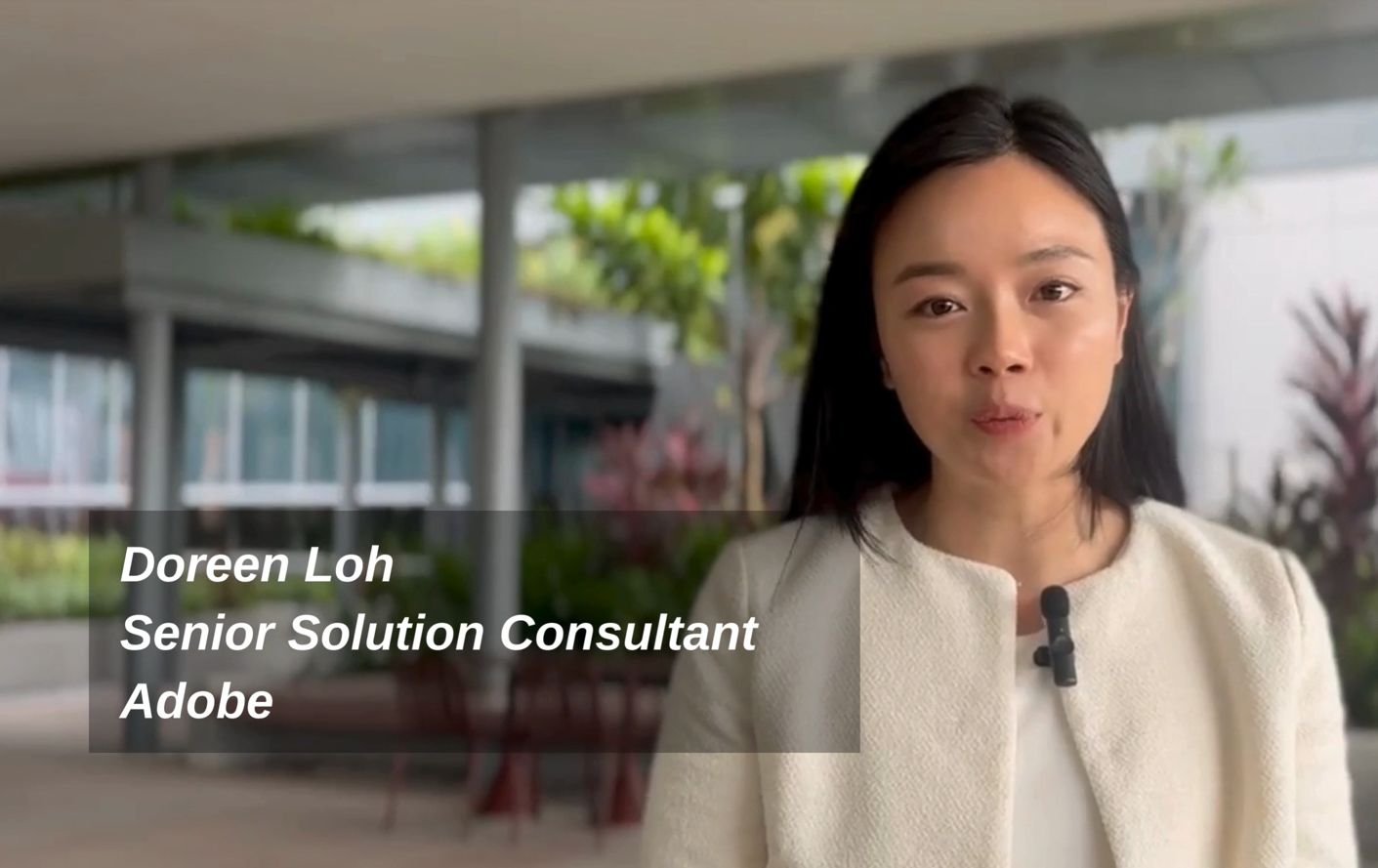
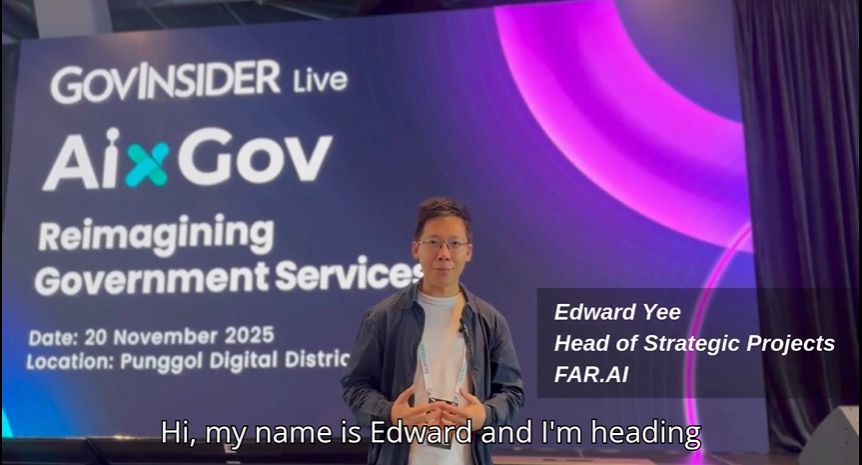
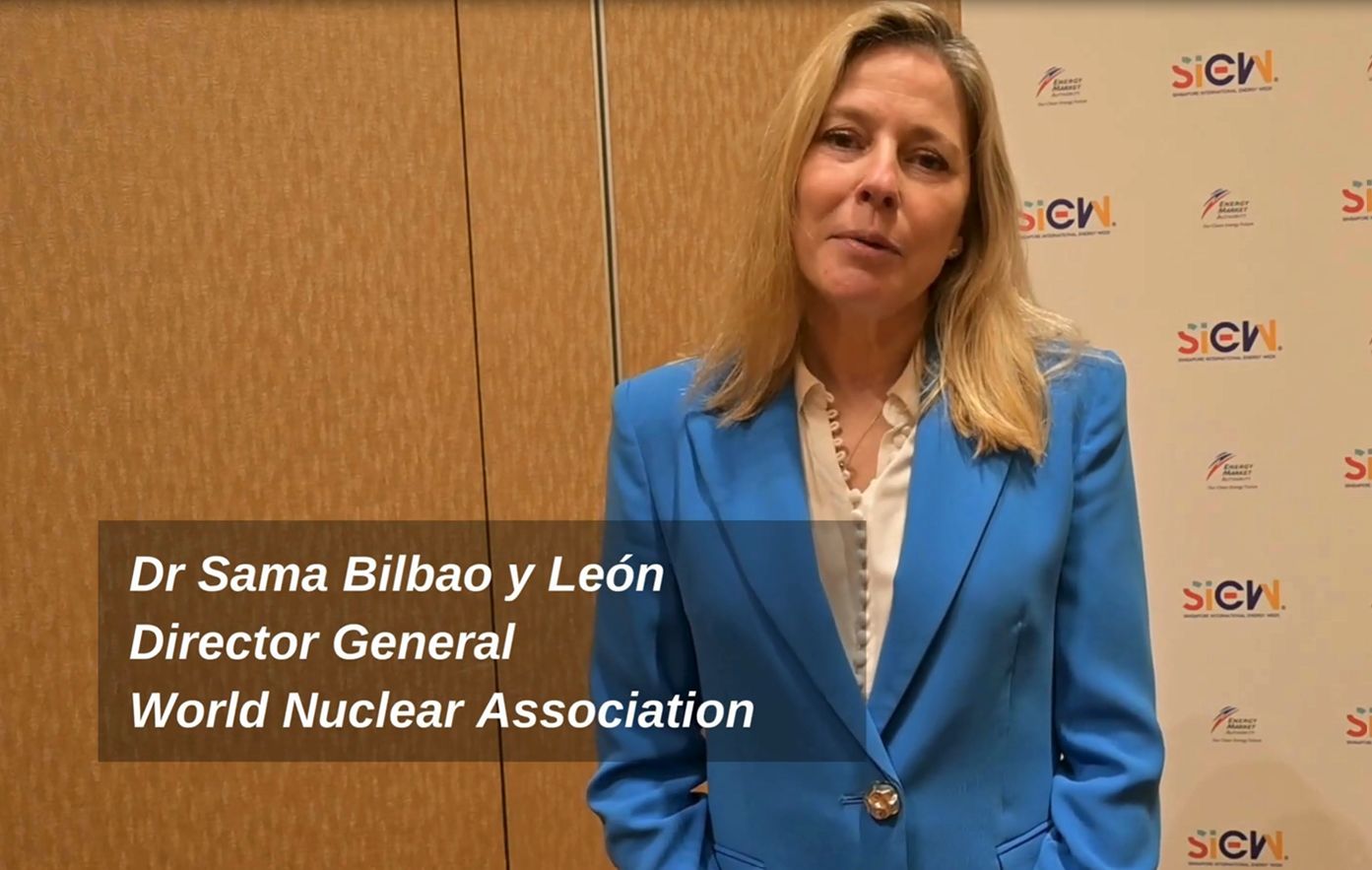
-1763551154291.jpg)
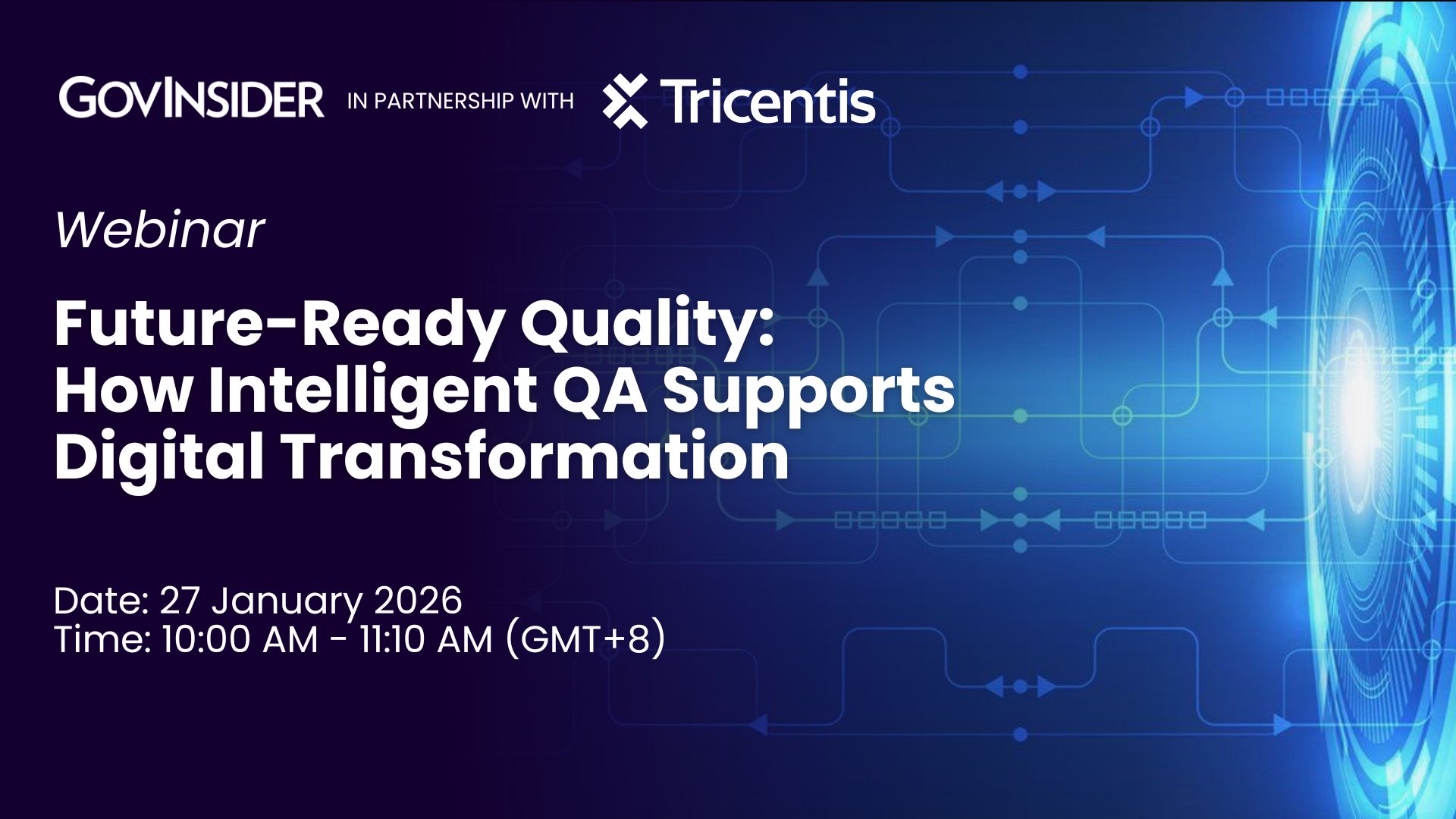


-1762767461931.jpg)



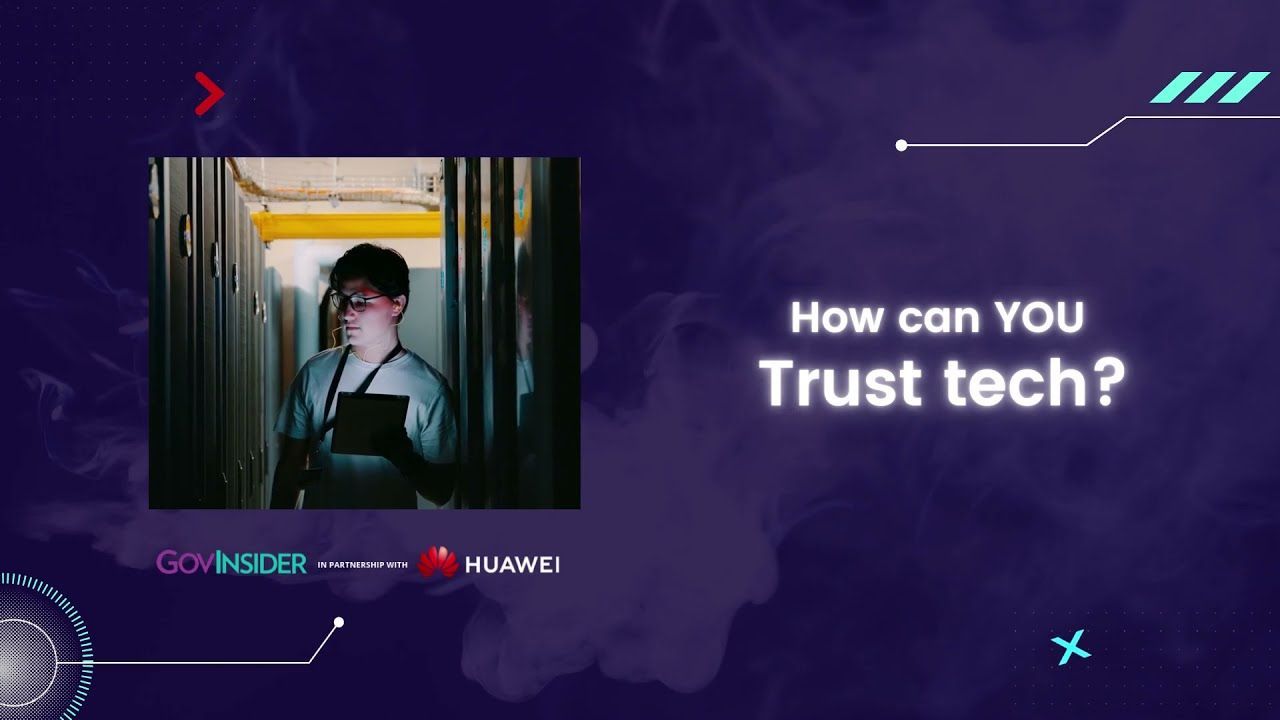
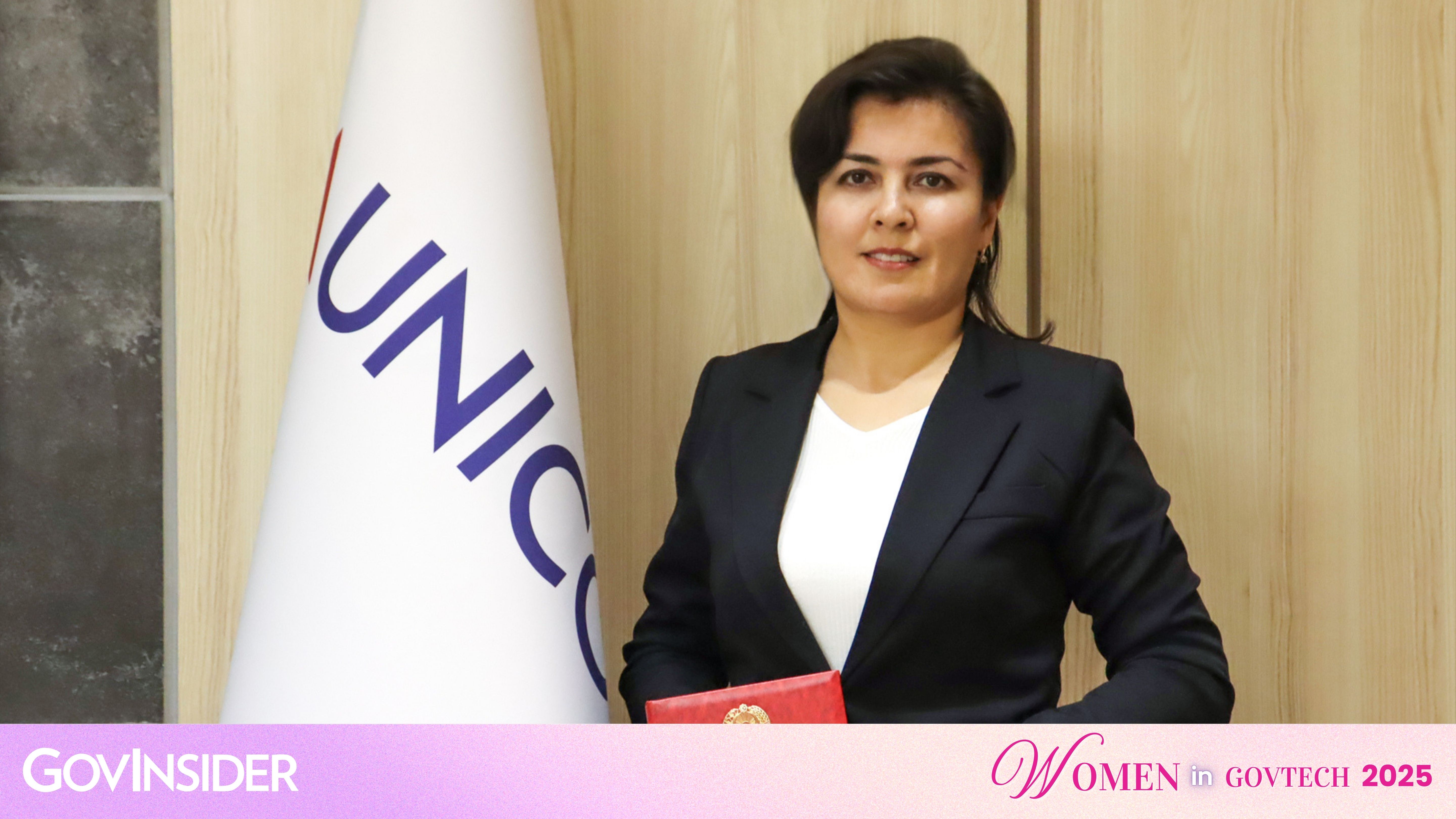
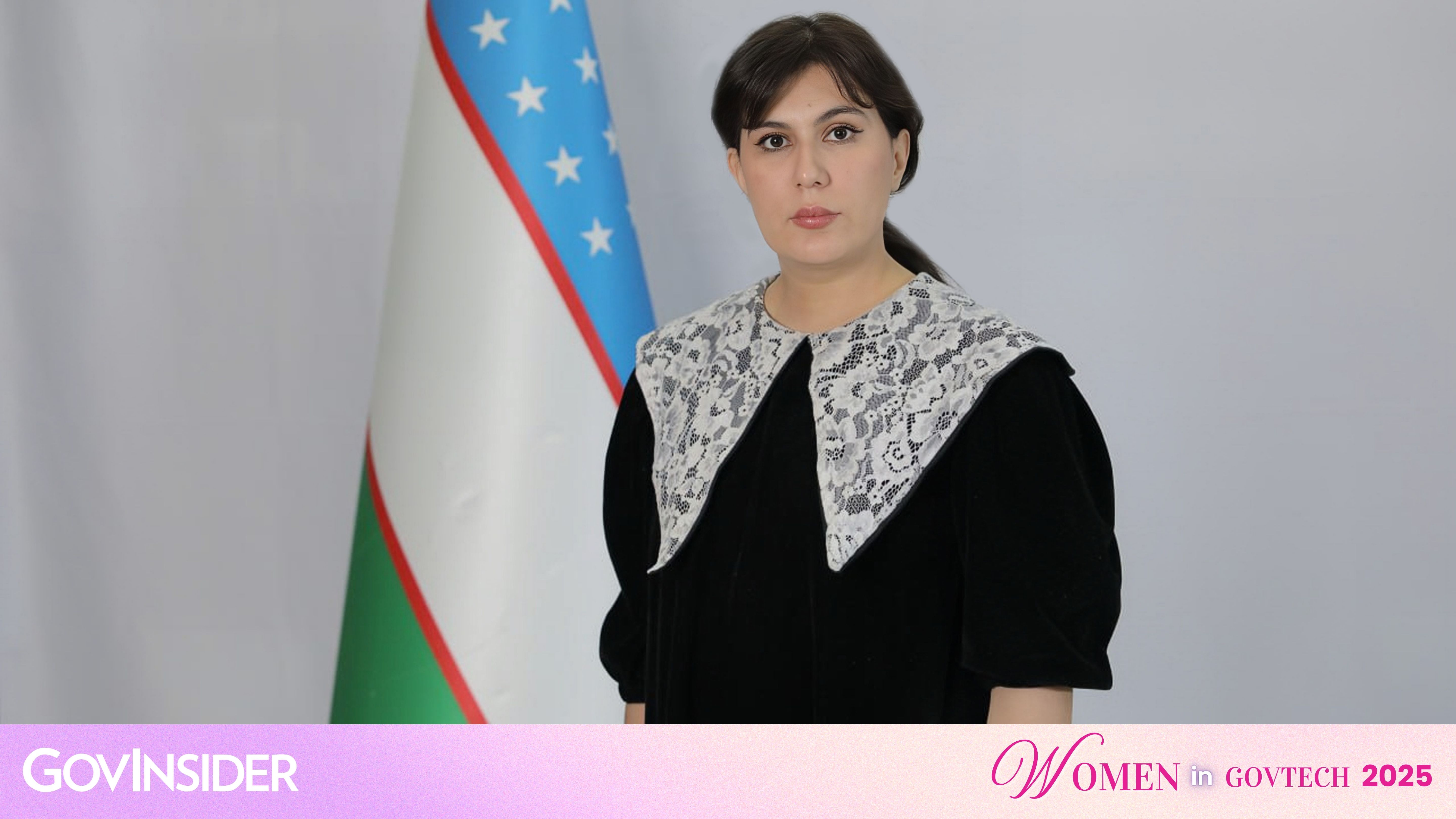
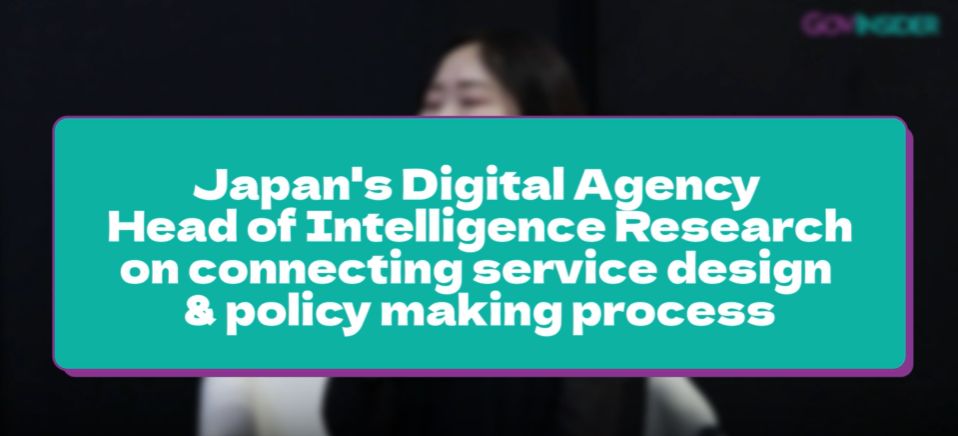
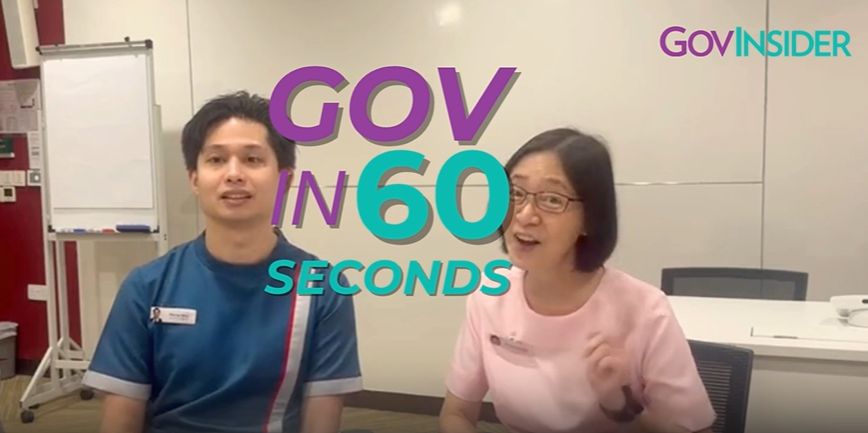
-1760487024963.jpg)